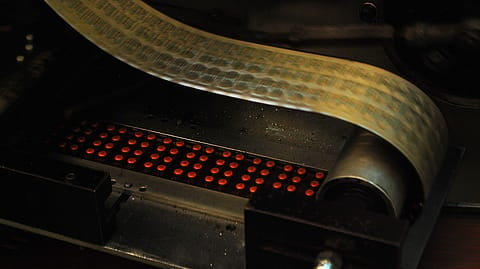Now no customs duty on import of 'rare disease' medicines for personal use
A list out 51 medical problems including several metabolic disorders has been brought under the duty exempted category for import for personal use.

The central government has given full customs duty exemption for import of drugs and food for special medical purposes needed for people suffering from rare diseases. All the products listed under the National Policy for Rare Diseases 2021 are eligible for the exemption, if it is imported for personal use.
Drugs and medicines generally attract basic customs duty of 10%, while some categories of lifesaving drugs and vaccines attract concessional rate of 5% or zero duty. A finance ministry statement said that in order to avail this exemption, the individual importer has to produce a certificate from Central or State Director Health Services or District Medical Officer/Civil Surgeon of the district.
A list out 51 medical problems including several metabolic disorders has been brought under the duty exempted category for import for personal use. The Government has also fully exempted Pembrolizumab (Keytruda) used in treatment of various cancers from basic customs duty.
The commonly reported diseases that are 'rare diseases' in India are primarily immunodeficiency disorders, lysosomal storage disorders (Gaucher’s disease, Mucopolysaccharidoses, Pompe disease, fabry disease etc.) small molecule inborn errors of metabolism (Maple Syrup urine disease, organic acidemias etc.), Cystic Fibrosis, osteogenesis imperfecta, certain forms of muscular dystrophies and spinal muscular atrophy, etc.
While there are no domestic manufacturers of drugs that treat rare diseases in India, there are some who manufacture Food for Special Medical Purposes (FSMP) for small molecule inborn errors of metabolism. The National Policy for Rare Diseases 2021 notes that due to the high cost of most therapies, the government has not been able to provide these for free. It also says that for a child weighing 10 kg, the annual cost of treatment for some rare diseases, may vary from ₹10 lakh to more than ₹1 crore per year with treatment being lifelong and drug dose and cost, increasing with age and weight.
Recommended Stories
According to the National Policy for Rare Diseases 2021, disorders amenable to treatment with Hematopoietic Stem Cell Transplantation (HSCT) , disorders amenable to organ transplantation, disorders managed with special dietary formulae or Food for special medical purposes (FSMP) and disorders that are amenable to other forms of therapy (hormone/ specific drugs) can all be considered as rare diseases.